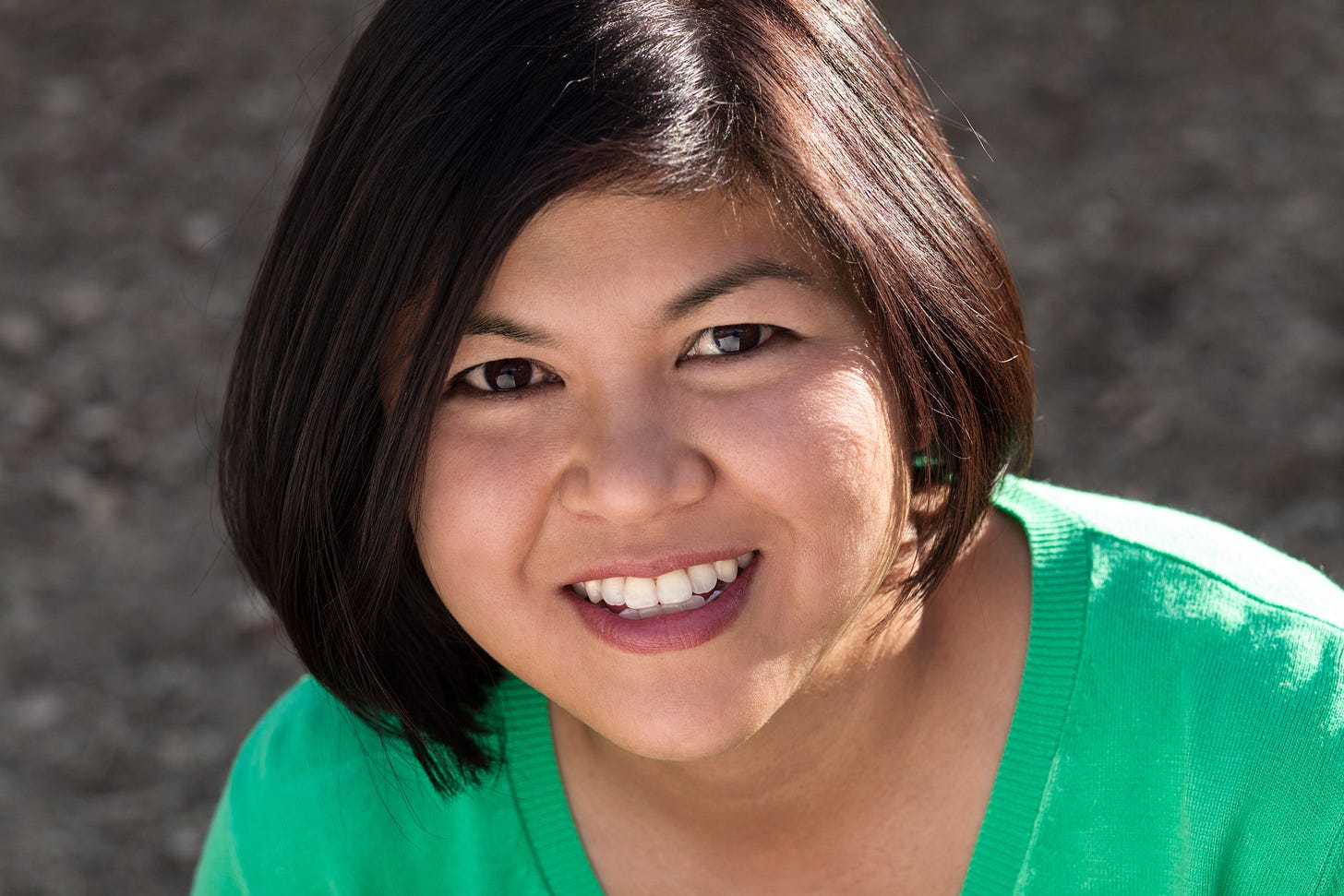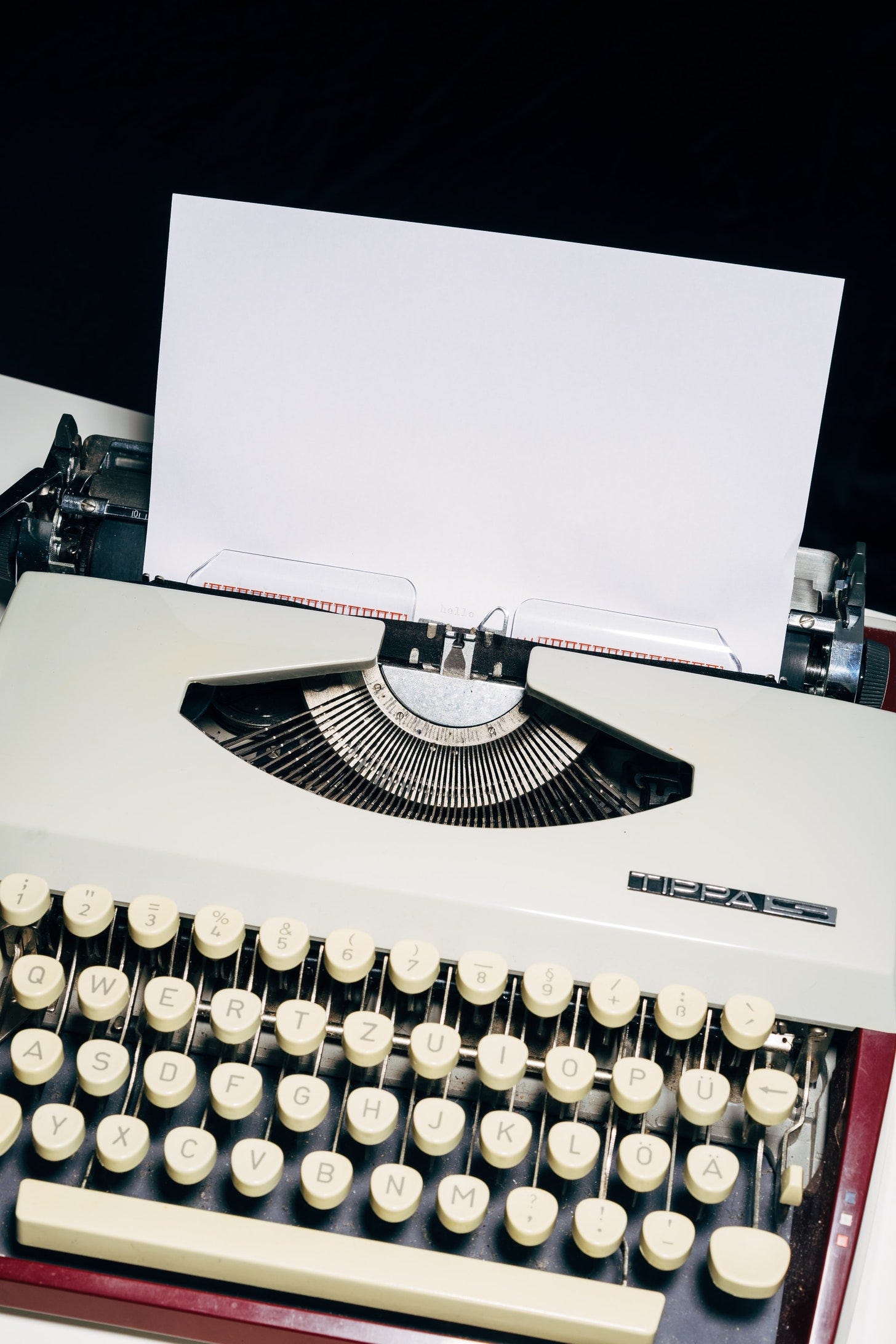Each Sunday night, we ask a thought leader to share a perspective in and around AAPI culture. This week, we’re delighted to have Tanny J. share her experience with a recent interview with a journalist and her take on the media’s responsibilities in shaping public perceptions.
Tanny is a writer, storyteller, and producer. She is currently the Associate Producer on the documentary, “The Psalm of Howard Thurman”, an assistant producer for the podcast “Finding Humanity”, and has a new Blog, “Still Breathing” on Substack.
Tanny is an active member of the Thai American community in Los Angeles and is the treasurer for the Thai American Chamber of Commerce of California . As a graduate of Harvard University , Divinity School in Buddhist Studies, she started a monthly Buddhist Film Series and the first HDS Film Festival. She currently works at the crossroads of multiple disciplines and is always finding innovative ways to share stories.
I woke up to an email alert. It was from a journalist who interviewed me for a widely distributed publication, notifying me that the article I was interviewed for just published online. Excited, I clicked on the link to read. The story was mostly about the recent attacks on AAPIs and the uptick in Anti Asian hate. It also highlights the tragic killing of Michelle Go, who was pushed onto the track of New York Subway. After reading for about 2 minutes I finally see my name and I was surprised and disappointed.
When the journalist initially reached out to interview me, I was not enthusiastic. I figured that the interview would be like every other interview I ever gave. They would want to know about the incident, and how the incident disrupted my life. All great questions if I was victimized recently. Now, more than two years since the incident, the thought of a journalist approaching me with the same questioning felt reductive to my whole journey since.
Despite how I felt, I went ahead and said yes. I started to see this as an opportunity to practice telling my truth in the moment. I thought that no matter how the journalist approached the interview, I was going to just be honest. As it turned out, the interview went really well, in my opinion. The journalist did not treat me like a scared victim, he did not ask leading questions. He gave me room to answer as honestly as I wanted. So when I read the article he wrote, I was really disappointed when I saw how generic he painted met.
The article did not include most of the interview, and after reading the full article, I can see how my story does not quite fit into the narrative he was writing. Regardless, the little that was mentioned about me was really wrong. The article made it seem like I was still “shaken” by the incident. The exact thing that I did not what to happen, happened! The interview started off with the journalist asking me how I was doing. To which I answered, “I’m doing well.” The conversation continued and then he asked me something about how the incident changed me. I took a breath and a moment to think about the question. I thought about how if asked a year earlier my answer would’ve been very different. After 30 seconds, I answered something like:
“I see more humanity in others. Coming face to face with someone verbally assaulting me, gave me the chance to actually see his fears and how similar we really are. That prior, when I would hear about other people’s incident they were faceless and I could be much more black and white with my thoughts. Only seeing the good guy versus the bad guy. In some ways this has gave me the opportunity to see someone like the man who verbally assaulted me as a human being who also was hurt and scared.”
I went on to talk about how my upbringing as a Thai American Buddhist shaped my views and how continuing to focus on the hero vs. evil narrative does nothing good for marginalized communities or America. And what we really need to do is to recognize the humanity in each other and allow room for redemption. Allow opportunities for people to do better. I went on to explain that by no means am I dismissing perpetrators, but merely saying that once they pay their dues we need to give them room and grace to do better if they wish to. None of which made it into the article. I mention the interview conversation only to illustrate that the media often only provide a reductive version of the people they interview and that there’s always more to the story.
My concern isn’t isolated to just this article and that is why I won’t provide the name of the publication or the journalist. At the end of the day a small print of my name isn’t going to get that much attention and no one will really even remember. My concern is how media can so shape how people perceive a person. The wording he used to describe me gives the impression that I’m still scared, or shaken. And if your only reference of me is the article, you may perceive me as still traumatized. There is a tradition of creative narratives that makes one community heroes and another community criminals. Too that I don’t blame journalists for the continued stereotyping of people. I respect journalists, and I can only imagine the competitive nature of their business. And Now with the internet and click bates changing the business of journalism, it feels like there is a tight strangle on the kinds of human stories they can tell.
Today I have great concerns because, unfortunately due to the rise in Asian hate crimes, AAPIs are gaining the attention from media and politicians. We are part of the public conversations and considerations. As we continue to speak up, there will be more request from media for an interview. And I fear that if there are not more stories about our whole human experiences out there that, Asian Americans will continue to be seen only as one dimensional stereotypes that keeps other people from connecting with our humanity.
Normally, I would have let my disappointment just be and dismiss the misleading statement as being minor. With so much at stake for the AAPI community, I felt a responsibility to speak up, so I emailed the journalist back. I let him know my appreciation in his efforts to give attention to issues surrounding Asian Americans and asked him what it was about the interview with me that gave him the impression that I was still “shaken”. The journalist was gracious and acknowledged that he knew I wasn’t still shaken and that the misleading statement was due to editing. In any case, I offered some words…not out of anger, but in hopes that the next time there’s an opportunity to write about human beings that they don’t let editing get in the way of that person’s truth.
…
You can connect with her at Tannyrj@gmail.com and read more of her work:
If you’d like to contribute a Cultural Perspectives guest post, please reach out! jd@crushingthemyth.com
And, please share if you enjoyed this week’s Cultural Perspectives post:
We appreciate you.
— JD, founder, Crushing The Myth




Tanny, thank you for this thoughtful story. For many reasons, some of which you describe in your story, I'm pretty wary of popular media. Its easy to complain about the media; harder, though, is to try to rectify some of its shortcomings. I think your story here is a step in the right direction.